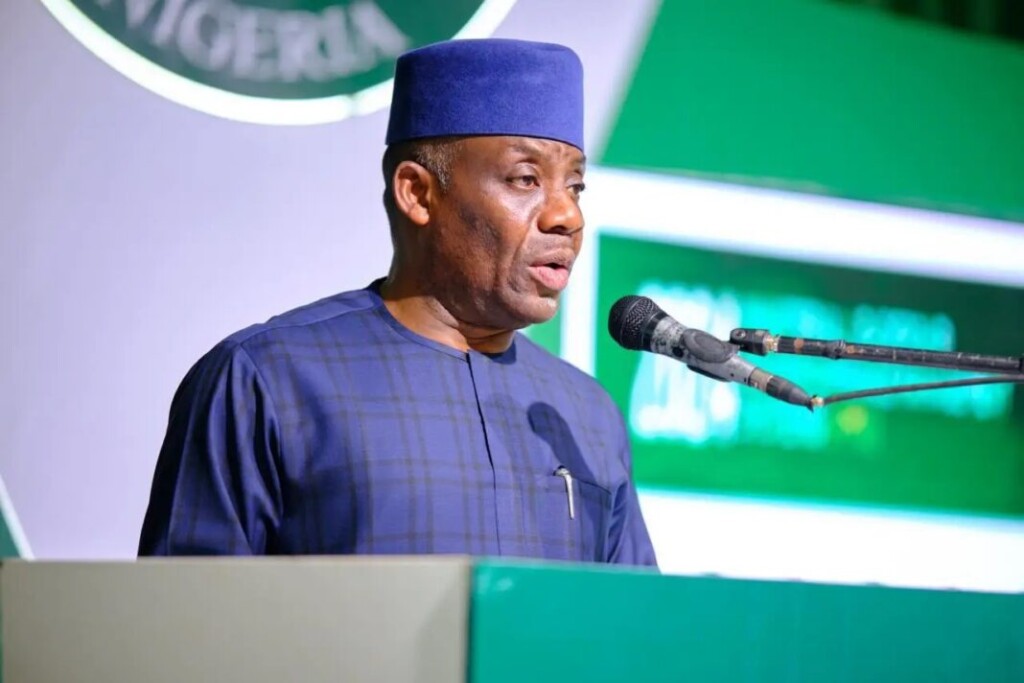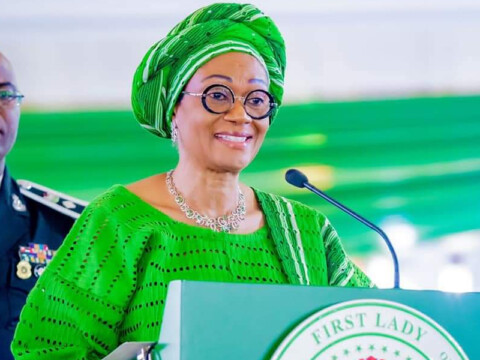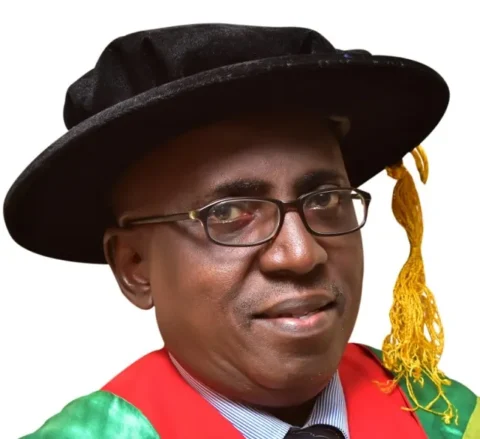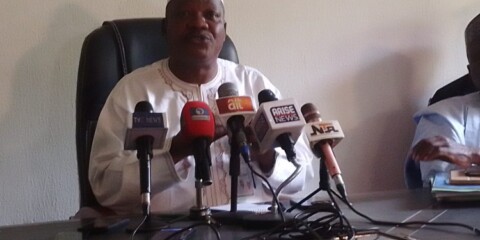The Federal Government says it has begun a nationwide effort to reintegrate more than one million out-of-school children into the formal education system.
The Minister of Education, Tunji Alausa, made the announcement on Wednesday during the 69th National Council on Education Summit held in Akure, Ondo State. The summit focused on “Quality Education Data and Professionalisation of Teaching: Tools for Enhanced National Development.”
Alausa said the initiative is being carried out in collaboration with the National Commission for Almajiri and Out-of-School Children Education, and involves identifying and documenting affected children across 12,600 communities. He explained that the programme primarily targets children aged seven to nine, who will be enrolled in low-cost private schools and designated training centres.
According to him, over 21,000 out-of-school children have already been identified in the Federal Capital Territory and handed over to the FCT Education Secretariat for enrolment. He added that 109 learning centres and transit schools have been set up across all 36 states and the FCT, with a total of 15,224 learners enrolled so far.
Alausa noted that the ministry established a task force involving the Almajiri Commission, the National Commission for Nomadic Education, and the National Commission for Mass Literacy to assess the scale of the challenge. Supported by the Universal Basic Education Commission, the task force mapped over one million out-of-school children nationwide.
Ondo State Governor, Lucky Aiyedatiwa, who also spoke at the summit, described education as a key tool for social advancement and national cohesion. He highlighted the state’s continued investment in digital learning, teacher development, and infrastructure.
Aiyedatiwa commended President Bola Tinubu’s ongoing reforms in the education sector, particularly the Nigerian Education Loan Fund, which he said has so far supported more than 624,000 students.
Efforts to reduce the number of out-of-school children are ongoing. In September, the Universal Basic Education Commission began working with UNICEF to develop new strategies aimed at addressing the issue on a national scale.





